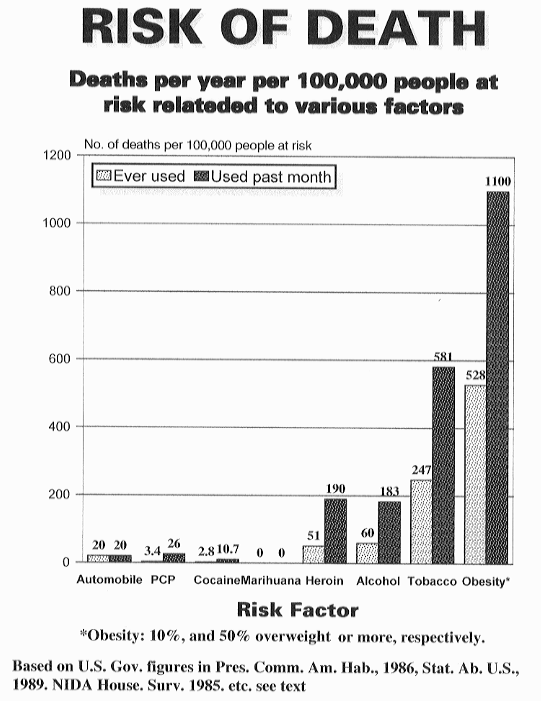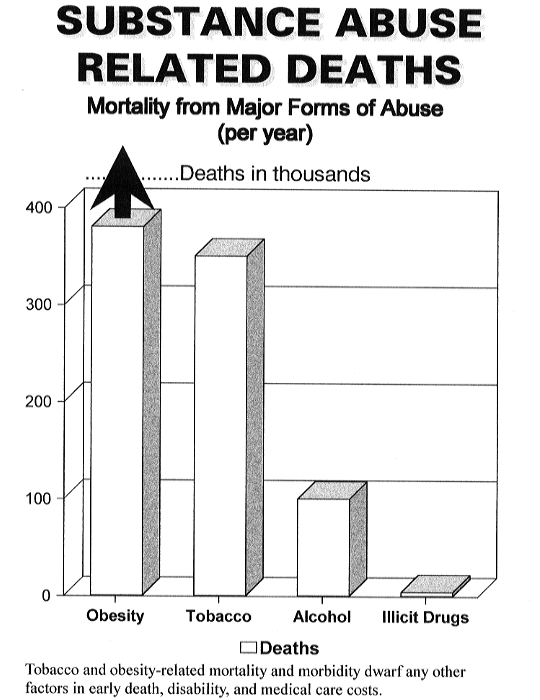Introduction
Although in most cases, most individuals associate Marijuana with numerous health complications and social problems, for example, brain damage, and violent behavior hence, supporting its illegalization, such individuals take little consideration of its significance in the health and economic sectors of any nation or state.
It is important to note that, proper use of Marijuana has no serious health and social complications many individuals associate it with, but rather it is its misuse that can lead to mild forms of such problems, for example, lethargic behaviors, something controllable (Concept420, p.1).
As Schaffer (p.1) argues just like any other American citizen, individuals who use this drug also contribute to the government revenues, have families that they are taking care of and above all, such individuals are also hardworking citizens, who are not only fighting to ensure that their families stay comfortable, but also they participate actively in all nation-building exercises.
Therefore, ethically and legally it will be wrong to isolate and even imprison them hence, the need for the federal government and states to reformulate policies that govern the production and use of marijuana; hence legalize it. This research paper will discuss concepts of marijuana and the need for its legalization.
Why Legalize Marijuana

An approximate 60 million of American citizens use Marijuana whereby, although most states have illegalized its use, it is important to note that, the drug is still common among the American Citizenry, due to its medical and recreational significance. The war on illegal drugs has been one of the most costly undertakings by the U.S. government, owing to the ever-increasing prisoners with drug-related offenses.
For example, in 2006, the government arrested and prosecuted more than eight hundred and thirty thousand individuals on marijuana-related charges. Majority of these arrestees were smokers and few dealers. Such enormous numbers have cost and are still costing the federal government many funds, which can be of more significance in other development sectors, for example, health(Cables News Network: CNN, p.1).
Majority of state agencies look down upon many individuals who use Marijuana whereby, in most cases, such agencies mistreat their families by placing them under foster care.
One thing that such agencies fail to recognize is that they are causing such families a lot of suffering and imposing on them many financial problems, which are worse than what their Marijuana using parents make them go through. Such suffering undergone by families is the primary reason why most individuals have lost their faith in the American criminal justice system; hence, the need to, legalize its use.
In nature, many individuals associate Marijuana with serious health complications, for example, brain damage. This drug lacks some medical basis; hence, a mere assumption. Although this is the case, it is important to note that, in overuse cases, likelihoods of bronchitis and other respiratory problems occurring are high, although there are other methods that users of the drug can use to alleviate the occurrence of such respiratory complications. Such methods include taking the drug in baked forms or as a vaporizer.
On the other hand, as compared to deaths resulting from other substances for example, tobacco (which the federal government has fully legalized), in rare cases does Marijuana abuse result in death hence, the need to legalize the drug not only for medicinal uses, but also for recreational purposes (Schaffer, p.1).


In addition to the minimal numbers of deaths that the drug can cause, this drug is of great significance in the medical world. The drug is a great remedy to individuals with appetite and queasiness problems. Such health problems occur in the treatment of cancer using chemotherapy, as the treatment is one of the main causative agents of extreme queasiness that makes many people develop eating anomalies, hence making many to stop the therapy.
Such quitting is very dangerous, because in most cases, medics have associated it with many cancer-related deaths (National Cancer Institute, p.1). Other practical medical applications of this drug include treatment of multiple sclerosis (as a remedy to muscle shivers and spasms), glaucoma, HIV and AIDS (as a remedy to the wasting syndrome, associated with unrestrained weight loss) (Louie, p.1) and helping patients with bladder control problems (Joy and Mack, pp. 85-96).
Legalization of the drug can also be of economic significance to the government. That is, through legalizing the drug, the government can increase its net income annually through taxes, something achievable only through legalizing the drug. Economic gains from trade of the drug are evident in the state of California, a state that earns more than 1.4 million dollars from the trade annually.
It is necessary to note that, although the trade is legal in this state, from time to time, the federal government has breached the state’s laws and arrested individuals dealing with Marijuana hence, reducing gains from such a trade (Wolff, p.1).
In addition, considering the ever-increasing numbers of Marijuana users, as research shows the sale of the drug can gain the government more than $ 66 million hence, the need to legalize the drug for economic gains, for it can be a crucial remedy to many budgetary shortfalls in the government budgetary allocations (Marijuana Legalization Organization, p.1).
Another economic importance is saving of the numerous funds the federal government spends in the overall process, as it endeavors to eliminate the drug from the streets. To sustain the judicial process associated with dealing with marijuana dealers and users, the government annually allocates a lot of funds to the judiciary; funds that can help in boosting other economic sectors, which are crucial in ensuring the wellbeing of the American citizenry.
Most funds spent in this department are for hiring attorneys, maintaining court proceedings, and in providing good conditions to inmates. For example, currently, the government spends more than $68 billion dollars annually in its quest to eliminate the drug from the American streets. Apart from such enormous spending, convicts of Marijuana related offenses have overcrowded most penitentiaries, leading to many social and health problems associated with over crowdedness in reformatories (Wolff, Para. 8).
Also, the government also spends many funds in upgrading its law-enforcing departments to ensure the departments are well equipped with current technologies, necessary in dealing with the “crime.” On the other hand, the government has dedicated many funds to school programs, aimed at educating the youths on the bad effects of drugs, efforts that have achieved little; hence, the need for policy reformulation (Marijuana Legalization Organization, p.1).
Conclusion
In conclusion, considering failure by many government initiatives to eliminate the use and sale of marijuana, and the fact that annually, the government spends millions of dollars on such efforts with no results it is important for the government to reconsider its position hence, legalize the use of Marijuana. On the other hand, it is important to note that, arresting, prosecuting, and eventual imprisoning of marijuana users to some extent it violates human rights.
This is because; marijuana addicts are human beings in need of special therapy programs for them to stop using such drugs. Hence, by arresting them, there is little such arrests and convictions can achieve as concerns the elimination of the drug from the streets. Hence, compounding these factors, it is necessary for the government to come up with workable solutions, which are only achievable through legalizing the use of the drug.
Works Cited
Cables News Network: CNN. Legislators aim to snuff out penalties for pot use. CNN. 2009. Web.
Calif, Oakland. High stakes: a call to legalize Marijuana. Sunday Morning; CBS News, 2009. Web.
Concept420. Medical Marijuana Uses. Concept420. 2010. Web.
Joy, Janet, and Mack, Alison. Marijuana as medicine?: the science beyond controversy. Washington; National academic Press, 2001. Web.
Louie, William. Clinical uses of Marijuana. Altmed. 2005. Web.
Marijuana Legalization Organization. Why Marijuana should be legal. MLO. 2009. Web.
National Cancer Association. Marijuana Use in supportive care for cancer patients. NCI, 2000. Web.
Schaffer, Clifford. Basic facts about the war on drugs. Schaffer Library of Drug Policy. 2010. Web.
Wolff, Madeline. Legalizing marijuana can reduce crime, increase revenue for state. Daily Sundial, 2009. Web.